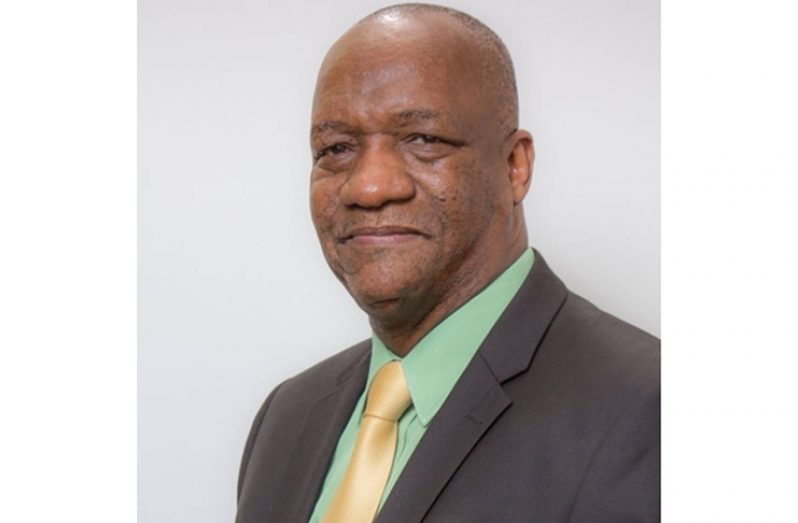…lawyer lists over 20 grounds where errors were made
ROYSDALE Forde, the attorney representing the A Partnership for National Unity (APNU) General Secretary Joseph Harmon, listed more than 20 grounds on which the Chief Justice Roxane George-Wiltshire may have erred on when she delivered the ruling in the no-confidence cases.
In the case Compton Reid v The Speaker, Charrandass Persaud and the Attorney General and the Opposition Leader, Harmon, who was added as a respondent, told the appellate court that he disagreed with the chief justice’s entire decision.
In the court application seen by the Guyana Chronicle, Harmon, through his attorney, said that Chief Justice George-Wiltshire erred in law when she held that the no-confidence motion was a vote of confidence.
He also rejected the CJ’s decision that the no-confidence motion was lawfully passed by “a majority of all the elected members of the National Assembly” in accordance with Article 106 (6) of the Constitution of Guyana. That article requires a majority of all elected members of the National Assembly.
“The learned judge erred in law when she held that the second named respondent, Charrandass Persaud, validly and lawfully voted in favour of the no-confidence motion despite having found that the said Charrandass Persaud was not capable of being lawfully nominated for election to the National Assembly,” Forde told the appellate court.
He is also disputing the position of the chief justice that the no-confidence motion and Resolution 101 were constitutional. According to him, both were unlawful.
“The learned judge erred in law when she did not find that the Constitution of Guyana conferred on the court the jurisdiction to ensure that votes by members of the National Assembly on a motion of no-confidence are in fact and law, made by validly elected members of the National Assembly,” he further told the court.
The legal counsel is contending too that the judge’s reliance on the authorities of Elsroy Nathaniel Dorset v. Astaphan SKBC 2007/0259 and Attorney General of Grenada v. Peter Charles David were flawed on the grounds that those authorities were decided in the context of Constitutions materially different to the Constitution of Guyana.
“The learned judge erred in law when she construed the Fixed Date Application, as filed as a challenge to the election of the Second Named Respondent, Charrandass Persaud as opposed to a legitimate constitutional challenge to the casting of a vote by the said Second Named Respondent, Charrandass Persaud on the no-confidence motion when disqualified from the National Assembly,” he stated in the application.
He told the court too that Justice George-Wiltshire failed to have regard the scheme of the provisions of the Constitution applicable to the disqualification of a person to be elected as a member of the National Assembly provided for in Articles 155 and 156 of the Constitution and the consequences of such disqualifications. Those were among the grounds listed in which Forde is asking the court to set aside the decision of the Chief Justice.
In the case the Attorney General v the Speaker and Leader of the Opposition, Forde on behalf of his client told the Appellate Court that it is totally dissatisfied with the ruling of the chief justice on the issue of majority.
“The learned chief justice erred in law when she failed to construe the word “vote” in the phrase “vote of a majority of all the elected members of the National Assembly…” in Article 106 (6) of the Constitution of Guyana,” Forde told the Appellate Court in his application.
According to him, the CJ erred in law when she found that the principle in Hughes v. Rogers No. 99 and 101 of 1999 Anguilla, was only applicable where the Constitution of Guyana refers to the members in factional terms.
He is also rejecting the position that an absolute majority is 33 as against 34.
Attorney general on Tuesday filed his appeal in both matters. Like Forde, the attorney general rejected the decision in both cases and contended that the judge erred in law. He is contending too that the chief justice erred and misdirected herself in law when she ruled that Cabinet should have resigned with immediate effect upon defeat of the government in accordance with Article 106 (6) of the constitution.
Williams is arguing that the decision was unreasonable and cannot be supported, having regard to the evidence. He wants the court to set aside her decision.


.jpg)











